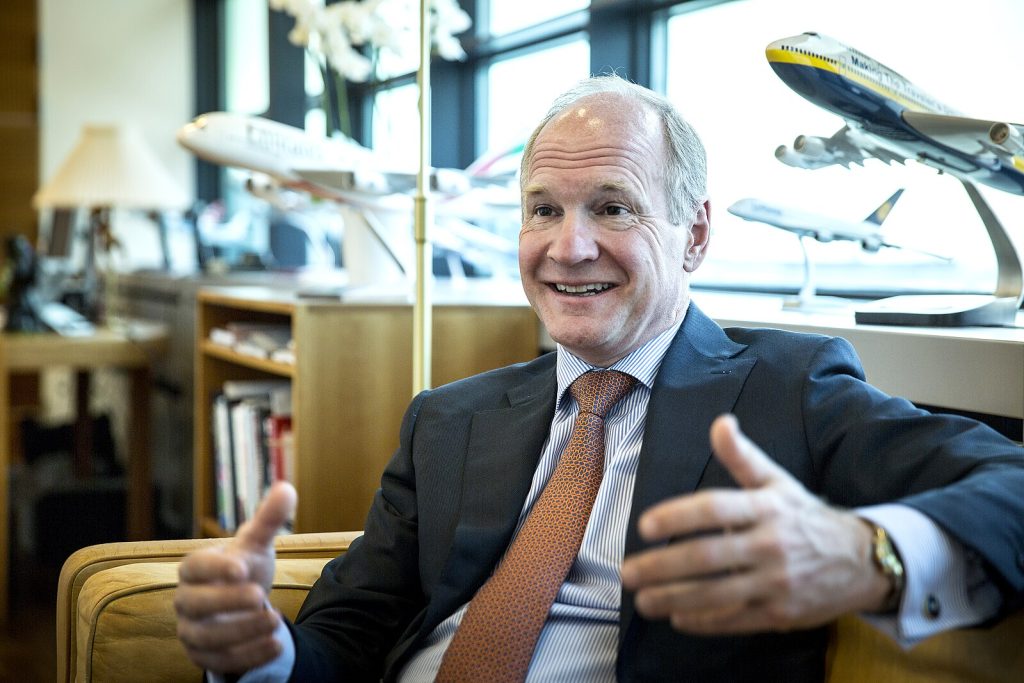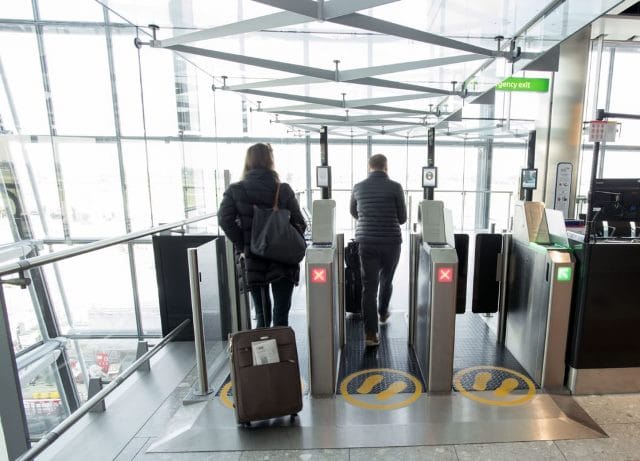Heathrow will submit an Initial Business Plan this week to the CAA showing how it will deliver expansion and connect all of Britain to global growth. The plan has been carefully crafted following engagement with consumers, business groups, local communities and airlines who were asked what expansion should deliver for them. It takes a balanced approach to their requirements and will deliver an expanded Heathrow that lowers airfares and delivers more choice of destinations for passengers; boosts Britain’s connectivity with the world; invests in meeting sustainability targets for communities and keeps airport charges within a few pounds of 2016 levels. Importantly, it provides a rigorously reviewed financial assessment, confirming that Heathrow can expand within the total cost envelop originally submitted in 2014 to the Airports Commission and financed entirely by private money, at no cost to the taxpayer.
The plan comes as new analysis by Frontier Economics shows that the average return ticket price for passengers will drop by £21 – £37 on short haul flights and £81 – £142 on long-haul services. The lower fares will be delivered over the course of the next decade as Heathrow expands and unlocks competition amongst airlines for the benefit of passengers. A lack of available capacity at Heathrow over the past decade has stifled airline growth at the airport. This plan opens up the UK’s hub airport for other carriers to achieve their ambitions.
The plan outlines two “bookend” options that focus investment over the next fifteen years on either prioritising further enhancement to passenger service, or prioritising more rapid growth to deliver more connectivity and greater airline competition sooner. They include choices about how fast Heathrow grows, the level of service passengers experience and the public transport connections available at the airport. Both options lead to lower overall airfares and ensure a third runway is delivered by 2030 with affordable airport charges. Over the next six months, Heathrow will engage with stakeholders to seek feedback on the plan and which of these two options best meets their priorities. That feedback will be incorporated into a Final Business Plan published in 2020 which will give a clear indication of the path Heathrow will take – either prioritising service, prioritising speed or a blend of the two. The CAA will ultimately determine the investment approach that Heathrow pursues.
Heathrow CEO John Holland-Kaye said:
“This plan ticks all the boxes. New capacity at Heathrow will help drive down airfares, attract up to 40 new long haul as well as more domestic routes and connect all of Britain to global growth. It delivers a sustainable airport at the cost we said without a penny of taxpayer money. Expanding Heathrow will make Britain the best connected country in the world, at the heart of the global economy.”



